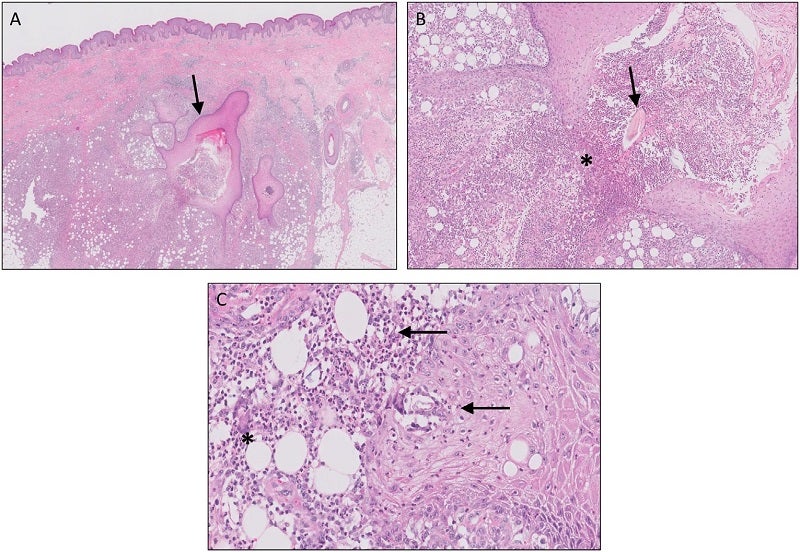
UCB has reported positive data from the BE HEARD I and BE HEARD II Phase III studies of bimekizumab in moderate to severe hidradenitis suppurativa adult patients.
Both of the parallel group, placebo-controlled, multicentre, double-blind, randomised Phase III studies were designed for assessing the safety and efficacy of bimekizumab.

Discover B2B Marketing That Performs
Combine business intelligence and editorial excellence to reach engaged professionals across 36 leading media platforms.
Up to 505 participants with moderate to severe hidradenitis suppurative were enrolled in BE HEARD I and 509 patients with the same diagnosis were enrolled in BE HEARD II.
Findings from the two studies demonstrated that bimekizumab met the primary endpoint, showing significant and consistent improvements in patients who achieved the Hidradenitis Suppurativa Clinical Response (HiSCR50), compared to a placebo at week 16.
Bimekizumab also showed statistically significant improvements in patients achieving HiSCR75, which was an important secondary endpoint in both studies, at week 16 versus a placebo.
In the two studies, bimekizumab’s safety profile was also consistent with previous studies.

US Tariffs are shifting - will you react or anticipate?
Don’t let policy changes catch you off guard. Stay proactive with real-time data and expert analysis.
By GlobalDataUCB US head and Immunology Solutions executive vice-president Emmanuel Caeymaex said: “We are excited to announce positive pivotal Phase 3 outcomes in moderate to severe hidradenitis suppurativa which support our strong belief in bimekizumab and provides the first Phase III evidence suggesting that targeting IL-17F, in addition to IL-17A, may be a promising treatment approach.
“We look forward to bringing bimekizumab to people living with this chronic inflammatory disease as soon as possible.”
The humanised monoclonal IgG1 antibody bimekizumab has been designed for inhibiting interleukin 17A (IL-17A) and interleukin 17F (IL-17F), selectively.
The company stated that the data from the two Phase III studies will become the basis of regulatory applications worldwide for the antibody in hidradenitis suppurativa, which will begin in the third quarter of next year.





